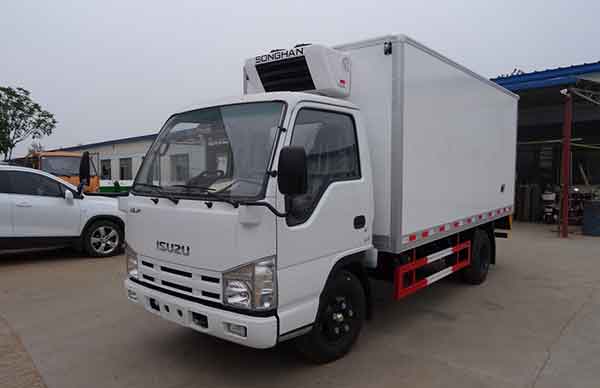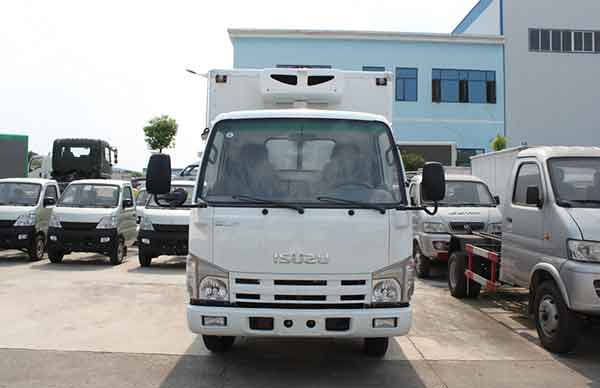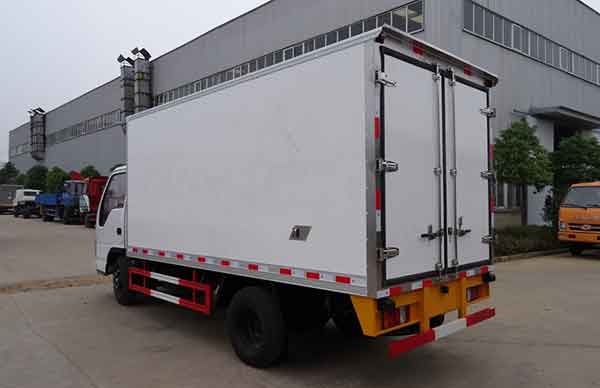

In the world of temperature-sensitive logistics, tractor trailer reefer units (refrigerated trailers) play an essential role. From frozen meat and dairy to vaccines and floral products, these units ensure goods maintain a stable temperature from loading dock to delivery point — even across thousands of kilometers. In modern supply chains, reefer trailers are not just optional equipment; they’re mission-critical.

A reefer (short for “refrigerated”) unit is a self-contained cooling system attached to the front of a semi-trailer. Powered by a diesel engine or connected electric source, it regulates internal trailer temperature regardless of outside conditions.
From international corporations to regional food suppliers, reefer trailers are widely used across multiple industries:

The reefer unit is mounted to the front of a 53-foot (or shorter) trailer. It uses a compressor, condenser, and evaporator — much like a household refrigerator, but on a larger and more durable scale. The unit is often powered by an onboard diesel engine with options for electric standby at loading docks.
Most tractor trailer reefer units rely on globally recognized refrigeration systems such as:

In the United States, a logistics company transporting frozen seafood from Seattle to Dallas relies on dual-temperature Thermo King reefers. While the front of the trailer is set at -20°C for fish, the rear maintains +4°C for sauces and side dishes. With onboard telematics, dispatchers can monitor temperature, fuel level, and door status in real time.
Tractor trailer reefer units are indispensable in today’s global supply chains. From maintaining product quality to complying with food safety and pharmaceutical transport standards, they are essential investments for any business that moves perishables. Whether you’re an owner-operator or managing a national fleet, choosing the right reefer trailer means safeguarding your cargo — and your reputation.